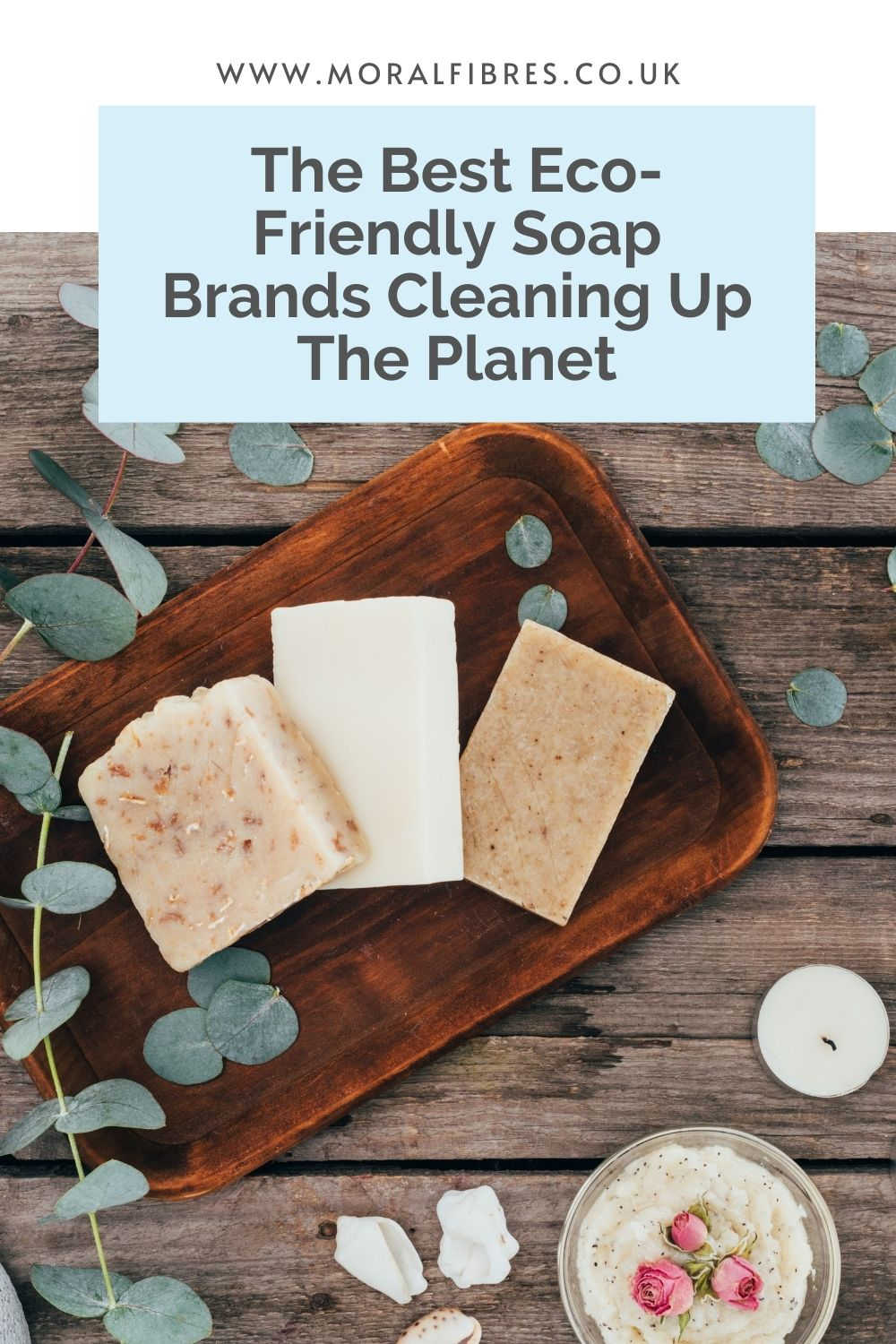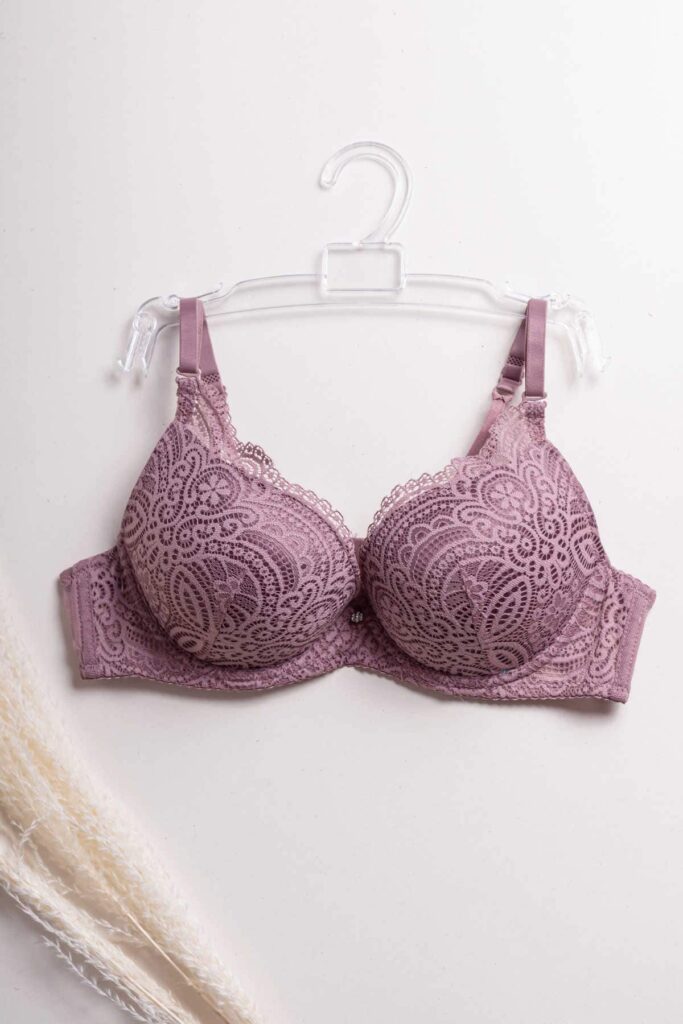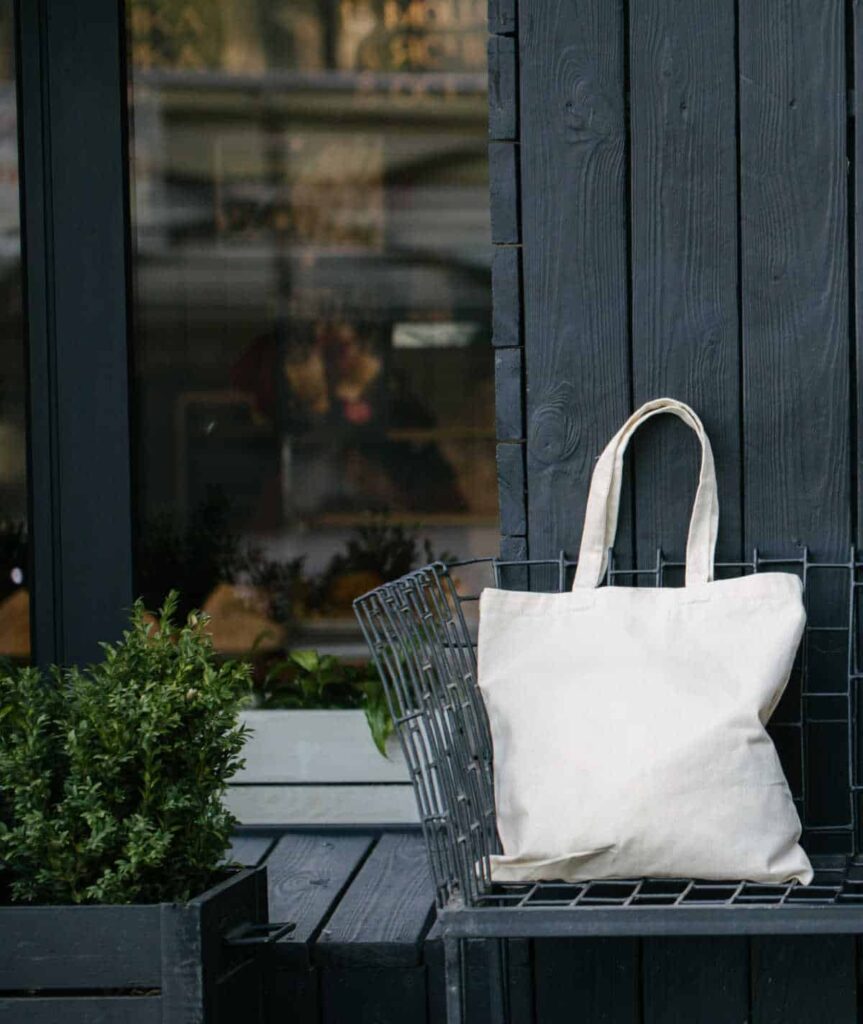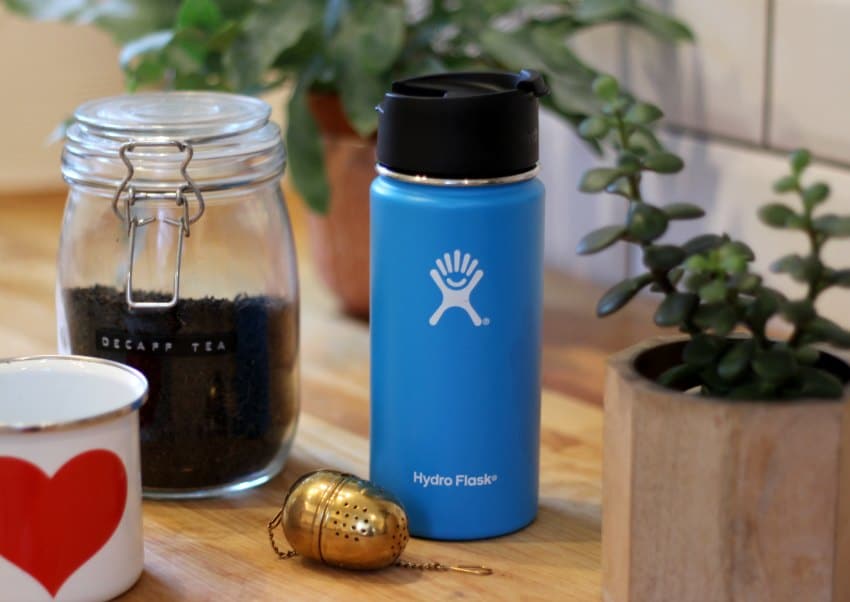Best Eco-Friendly Soap Brands Cleaning Up The Planet
To support the running costs of Moral Fibres, this post may contain affiliate links. This means Moral Fibres may earn a small commission, at no extra cost to readers, on items purchased through these links.
Wondering which eco-friendly soap brands clean up in terms of ethics and sustainability? Don’t get in a lather! Here is Ethical Consumer Magazine’s guide to the best eco-friendly soap bars around.
As we lather up a little more often, following advice that handwashing is one of the very best ways to avoid spreading germs, it’s clear that it’s never been more important to choose our soap wisely. Palm oil, toxic chemicals, and plastics can all creep into our soap. The good news is there are some great sustainable and eco-friendly soap brands out there keeping it clean.
Jane Turner from Ethical Consumer Magazine reveals some of the best eco-friendly soap brands out there. Let’s see who cleans up in terms of good ingredients, minimal packaging, and ethical practices.
Why Is Soap Important?
The humble bar or splash of liquid soap is one of our most important weapons in fighting germs. Using science that is thousands of years old, soap works by destroying the outer membranes of the virus. This kills germs and stops them from spreading. Nothing else is more effective in this fight. But although soap has natural origins, some of the soaps available today are far from natural.
Soap doesn’t need complex synthetic chemicals, plastics, or exotic ingredients grown on deforested land. Here are the nasties to look out for and the eco-friendly soap brands that are leading a clean revolution.
The Eco-Friendly Soap Brands Ethical Consumer Recommend

Following an intensive investigation into over 50 soap brands, we’ve compiled that into an ethical shopping guide to soap. From this, we recommend the following six eco-friendly soap brands as our Best Buys.
Lucy Bee
Lucy Bee is a business founded on the humble coconut. They provide everything from milk to sugar, skincare, and soap. Their soaps are organic, vegan, and Fairtrade. What’s more, Lucy Bee soaps contain no palm oil or palm oil-derived ingredients. Nor do they contain any nasties, such as parabens, phthalates, or triclosan.
The whole range carries the Leaping Bunny mark and no ingredients are tested on animals. The eco-friendly soap bars come in generous 150g chunks in paper packaging, with four delicious scents to choose from.
Odylique Eco-Friendly Soap
Skincare brand Odylique uses virgin olive oil to create plant glycerine. This is then used as the basis of its organic, vegan, castile soap bars. Although the bars do have palm oil-derived ingredients, these are present in small quantities. It is also from RPSO-assured sources. Ingredients are locally sourced wherever possible and Fairtrade when sourced further afield. The bars are free from synthetic chemicals and come wrapped in non-toxic recyclable packaging.
Friendly Soap
Friendly Soap certainly knows how to bring the fun to handwashing. Not only can you find a wide variety of bright, scented soap bars on its website, but also a range of travel soaps, shave, shampoo, and conditioner bars. Friendly Soap uses an ancient cold-press method, pouring, cutting, and stamping the soaps by hand. This helps them to maintain a small carbon footprint.
The ingredients are biodegradable so there’s no waste. Poppy seeds and hemp take the place of microplastics to gently exfoliate the skin. None of the products or ingredients are tested on animals. Meanwhile, the soaps are Vegan-certified and contain no palm oil. Shea butter is also sourced from a women’s cooperative in Ghana.
Bio-D Eco-Friendly Soap
Bio-D supplies a wide variety of household and personal care products. The brand is sold on the high street, as well as in various independent health food and whole food stores.
Vegan and cruelty-free, Bio-D sustainable, and eco-friendly soap bars and liquids contain no plastics. Although some products contain palm oil derivatives, Bio-D is actively reducing its use and uses only RSPO-accredited supplies. The liquid soap is sold in bulk online at just £23 for 5 litres, and is also widely available through refillable hand wash stations.
Caurnie
Caurnie Soap uses organic herbs and essential oils to produce its rustic, handmade soaps. The bars and liquid soaps contain only pure vegan ingredients. They also contain no palm oil or derivatives. Many of the ingredients are also sourced locally for a green clean.
ALTER/NATIVE Eco-Friendly Soap
ALTER/NATIVE is the own-brand sustainable soap line from whole food collective Suma. Choose from a huge variety of vegan, cruelty-free bars and liquids. Alternatively, access their refillable soap stations in health food or zero-waste stores.
Suma is a vegetarian company and uses only RPSO-accredited palm oil in its products. You won’t find any plastics in these soaps. Meanwhile, all packaging is 100% recycled and recyclable. However, we strongly advise the refillable route with the hand wash option.
Make Soap a Hobby
If you’re looking for a new hobby, why not make your own soap bars? Take a base recipe. Once you’ve mastered that you can experiment with different natural fragrances, and drop bars off as gifts for your friends and family. It’s a great eco-friendly option, that’s fun to try.
Alternatively, you can make liquid hand soap from bar soap. This is particularly handy if you want to reduce your plastic waste, but don’t like using bar soap.
What Else to Look Out For When It Comes To Eco-Friendly Soaps
If these sustainable and eco-friendly soap brands aren’t easily available to you then don’t worry. Here are some top tips for things you can look for in some of the more widely available brands.
Plastics
Microplastics have been banned in soap in the UK since 2018. However, companies can still use non-degradable liquid plastic polymers and petroleum-based chemicals. And of course, plastic packaging is a clear problem. Especially when it comes to liquid handwash and non-recyclable pumps.
We recommend bars of soap over liquid handwash. Bars work just as well and come in a fraction of the packaging (mostly paper) and some with none at all.
Animal Products
Although plant-based ingredients are just as effective as animal-derived products, some manufacturers continue to use substances like sodium tallowate and stearic acid. Glycerine may also be animal-derived. The good news is that there are loads of vegan brands out there, many from purely vegan companies.
Look out for the Leaping Bunny label endorsing cruelty-free soaps. Some brands carry this label across their entire product range. This shows a strong commitment to avoiding any ingredient that has been tested on animals.
Palm Oil
Although many companies source palm oil sustainably, and many are members of groups such as the Roundtable on Sustainable Palm Oil (RSPO), there are issues. These accreditations have been criticised for not doing enough to break links with deforestation.
Whether to buy or boycott palm oil remains a controversial subject. You can find out more about the issues in this full guide to palm oil. Palm oil-derived ingredients are trickier to identify. However, there are companies out there that use neither. See our palm oil-free soap page for details of brands that avoid this ingredient.
Fairtrade
Many ethical brands choose locally sourced ingredients to cut their carbon footprint. For those who use ingredients such as coconut, cocoa, or soy, look for the Fairtrade logo to be sure that the farmers are getting a fair price for their crops.
Now we know which soap brands scrub up in terms of ethics, let’s keep washing our hands!
PS: I’ve got lots more soap-based guides for you. From my guide to homemade hand sanitiser to my guide to sustainable shower gel. And if you have overstocked on soap, here are some clever alternative household uses for soap.
Found this post useful? Please consider buying me a virtual coffee to help support the site’s running costs.





Yes we absolutely love friendly soap! Fairtrade isn’t always considered with beauty products and ingredients, it’s definitely good to bear in mind!
Organisations working on the palm oil issue encourage brands to source certified sustainable palm oil. Going “palm-free” is not an objective supported by these organisations because alternatives to sustainable palm oil can present greater negative impacts, due to their low yields (requiring more land to be converted for production) and negligible or non-existent sustainability standards. Experts from Oxford University explain more here:
Why we should be demanding ‘sustainable palm oil’, not ‘palm oil-free’ https://medium.com/oxford-university/why-we-should-be-demanding-sustainable-palm-oil-not-palm-oil-free-c5aef0cc1d4a